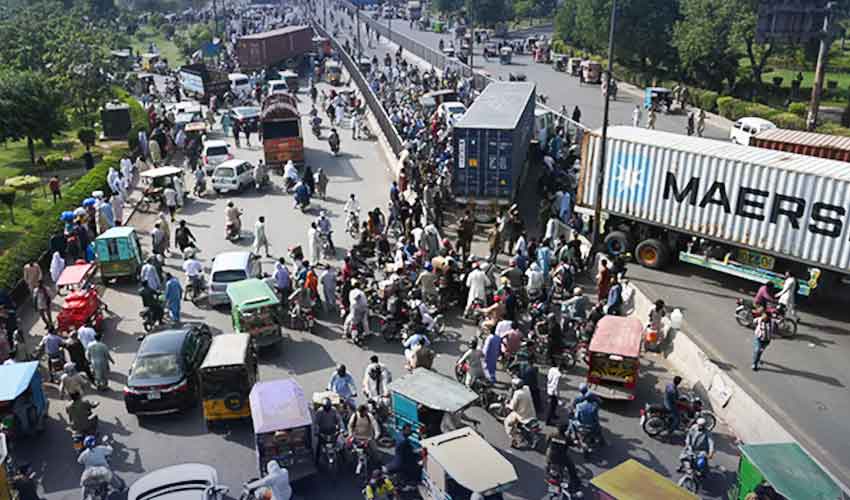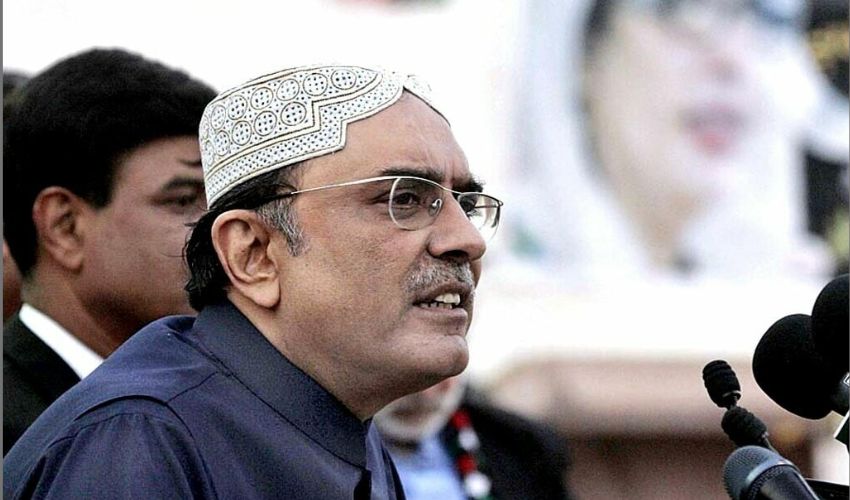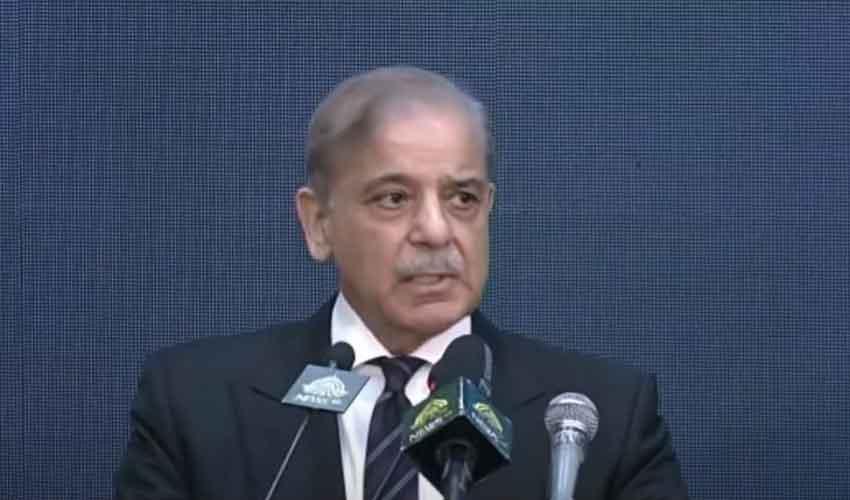The National Assembly has passed the Elections (Amendment) Bill 2024 and the Peaceful Assembly and Public Order Bill 2024 by a majority vote, amidst strong opposition protests.
During the session, opposition members voiced their concerns, standing on their seats to demonstrate their disapproval as the bills were passed. Aamir Dogar, an opposition PTI member, criticized the government's haste in passing the bills, particularly pointing out the Peaceful Assembly and Public Order Bill, which he said would be used for political purposes.
He said the bill was reminiscent of the British era, adding that tomorrow the party was going to hold a rally, but the government wanted to punish them by passing the law. He also likened the situation to the repressive measures seen in past regimes.
Dogar argued that there is already sufficient legislation in place regarding public assemblies, and expressed concern that the new bill would erect further barriers against the opposition's activities. He urged that the bill should be sent to the relevant committee, adding that the PTI wanted to suggest certain amendments.
In response, Law Minister Azam Nazeer Tarar defended the bill, saying the capital city of Islamabad had been turned into a prison. He said disruptions are caused by large gatherings here, and if the opposition did not find anything appropriate in the bill, it could bring in amendments.
Main points of Peaceful Assembly and Public Order Bill
The Peaceful Assembly and Public Order Act 2024 introduces several strict measures, including:
- A three-year imprisonment for organizing or attending a public gathering or rally without prior permission. Repeat offences could lead to a 10-year prison sentence.
- The bill designates specific areas like Mauza Sangjani or any other government-designated space for public assemblies, for which a proper gazette notification would be issued.
- Even after permission is granted, a police officer could disperse a gathering any time. It grants the deputy commissioner the authority to allow a gathering, which if not granted could be appealed with the chief commissioner in 15 days. The commissioner's decision could be appealed with the interior secretary for a review.
- The government can declare certain areas of Islamabad as red or high-security zones, restricting public access and assembly. Organizers of public gatherings must submit a written request to the district magistrate (deputy commissioner) at least seven days in advance, detailing the location, time, number of participants, and purpose of the meeting. The district magistrate has the power to deny permission if valid reasons for the event are not given, and he will then issue written reasons for his decision.
- The district magistrate will assess the law and order situation and obtain security clearance from the law enforcement agencies before allowing a rally. He can amend the permit issued by him on the basis of a national security risk, fear of violence, or a fear of deterioration of law and order situation.
- If a gathering disturbs law and order and is not dispersed, the police officer concerned will be able to disperse it by force.
- The bill also proposes arrests and detention of members of illegal gatherings. Such people could be punished with imprisonment for a term which may extend to three years and with fine.
Main points of Elections Bill 2024
The National Assembly also introduced significant changes to electoral procedures through the passage of the Elections Act Amendment Bill 2024. Key provisions of the bill include:
- Candidates are now required to submit their party ticket to the returning officer within a specified period. Failure to do so will result in the candidate being considered independent and not associated with any political party.
- Candidates must also submit a party certificate to be recognized as part of a political party. If a member fails to submit this certificate, they will be regarded as independent, regardless of their previous affiliations.
- Once a candidate declares their affiliation to a political party within the stipulated period, this declaration is considered final and cannot be changed. This measure is intended to prevent candidates from switching parties after the declaration.
- A person who joins a political party must remain with that party for at least three days. They are prohibited from joining another party within this period, preventing last-minute changes in party affiliation.
- The bill also impacts the allocation of reserved seats in the legislature. A political party that does not secure a seat in the election will be ineligible for reserved seats. Furthermore, if a political party fails to submit its list of candidates for reserved seats within the prescribed period, it will lose the right to those seats.



























